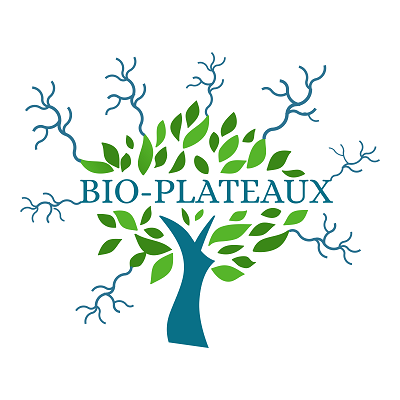BIO-PLATEAUX

The BIO-PLATEAUX project is funded by the regional financial instrument of the European commission (Interreg V - Amazonia cooperation programme), and co-funded by the French Guiana Water Office, the Ministry of Ecological Transition (through the DEAL) and the National Centre for Space Studies of France (CNES). BIO-PLATEAUX is implemented by four partners from the three countries: the International Office for Water (OiEAU) and the Water Office of French Guiana for France, Anton de Kom University for Suriname, the Agency for Economic Development of Amapa State (Agência Amapá) in coordination with the National Water Agency (ANA) for Brazil). The BIO-PLATEAUX International Conference which took place in Cayenne on 26 November 2019 received the accreditation from the French Biodiversity Action Plan (action No. 62) by the Ministries of Ecological Transition and of the Overseas of France.
4 implementing partners
1. The International Office for Water (OiEau), project leader in its capacity as an association recognized to be of public interest. OiEau is the leader of the initiative, requesting the grant from the INTERREG services, responsible for the implementation of activities from a technical and financial point of view, as well as a facilitator of international exchanges.
2. French Guiana Water Office (OEG) in its capacity as a public organization with an administrative character attached to the French Guiana Territorial Collectivity (CTG). The OEG plays the role of local technical coordinator of activities, because it is the competent body for the Integrated Management of Water Resources in Guyana, and responsible for the monitoring network of rivers in this territory.
3.Anton de Kom University of Suriname (AdeKUS), coordinator of the Suriname National Water Information System (SNWIS) and focal point for BIO-PLATEAUX activities in the country
4. Amapa Economic Development Agency (Agência Amapá), the competent public body for promoting the economic attractiveness of the Amapa Brazilian state and responsible for international cooperation. It acts as the Amapa focal point. In Brazil, work is also coordinated with the National Water Agency (ANA)
Objectives:
The BIO-PLATEAUX project aims to develop information sharing on water resources and biodiversity associated to aquatic environments between French Guiana and its neighbors Brazil and Suriname, in particular on the transboundary Oyapock and Maroni river basins.
Both transboundary territories shared common issues, linked to the changes in agricultural practices, mining activities, waste water and sanitation system). These challenges require to put in common the knowledge to better assess the possible risks, quality in order to formulate adequate responses.
The preferred model for strengthening transboundary cooperation on water resources and aquatic biodiversity follows a step-by-step logic. The fundamental objective of this work is the joint research for a balanced development that respects water resources and biodiversity, taking into account the expectations of citizens and stakeholders in the river basins. To achieve this objective, two components:
Component 1: International Conference
BIO-PLATEAUX started in 2019 with the preparation and organization of the International Conference in Cayenne on 26 November 2019. Ministers and territorials authorities from Suriname, Guiana and Brazil attended the Conference and signed the Cayenne Declaration to set the framework to their cooperation. The day after, on 27 November, technical experts from the territories exchanges their views during the first transboundary technical group. This event was an opportunity for the 140 participants to formulate their expectations and needs concerning knowledge sharing (information, data…) on water resources and biodiversity of aquatic ecosystems. This event gave a strong impetus to start the operational component of the project in 2020.
Three main themes were discussed during the Conference:
- Improving knowledge and information sharing
- Pollutions from mining industry, industries and urban settlements, its consequences and possibilities of control
- Prevention of floods risk
Component 2: Transboundary Observatory on water and aquatic biodiversity
The second component of the project is dedicated to the concrete rapprochement between the actors of the territory, in order to strengthen information sharing, which is the first step towards the creation of a transboundary observatory.
First of all, transboundary technical groups were created for different thematic, allowing concrete exchanges on the common knowledge of transboundary river basins.
Based on the analysis of the needs of actors, an online platform has been developed, allowing the sharing of data, information, decision support tools, documentation and experiences on transboundary river basins: https://www.bio-plateaux.org/eng
Planning work on the management of data on water has been developed in each territory, in order to identify the needs to strengthen the production and sharing of information.
Awareness-raising tools were produced, which made it possible to carry out pilot “water classes” in all territories, opening the way for future scaling up.
The International Office for Water (OiEau), project leader in its capacity as an association recognised to be of public interest. OiEau is the leader of the initiative, requesting the grant from the INTERREG services, responsible for the implementation of activities from a technical and financial point of view, as well as a facilitator of international exchanges.
